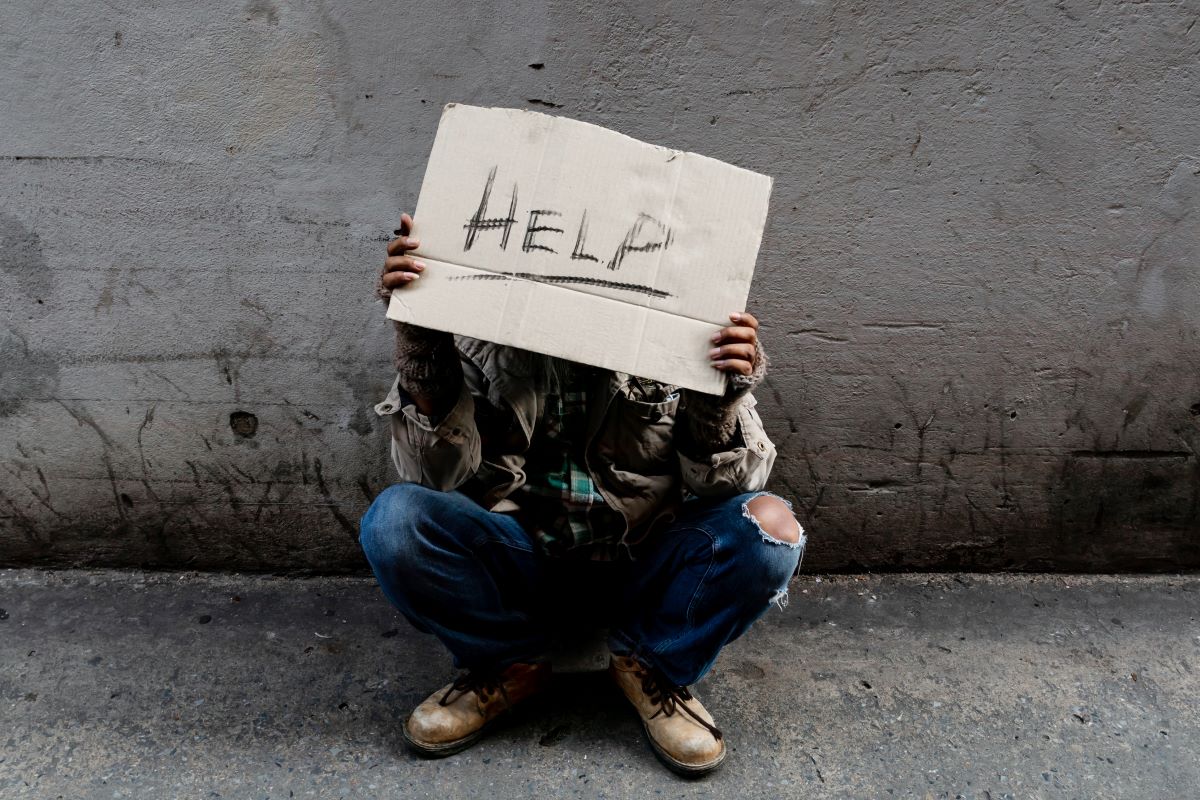It Doesn’t Matter How You Identify Me; I’m Still Homeless
Often when the topic of homelessness comes up, including within an online space, I feel a duty to step in and join the conversation. This is especially the case when there aren’t other homeless or formerly homeless people present to weigh in.
As a formerly homeless person, I still can’t quite speak for other homeless people regarding homeless terminology and language. It’s a tricky subject, honestly.
I was asked to weigh in on this subject in a recent discussion. In my experience, both personally and from observing formerly homeless and homeless peers, this issue hasn’t come up.
That is because language won’t make a difference in the here and now. Whether a homeless person is identified as homeless, houseless, unhoused, unsheltered, or a “person experiencing homelessness,” they will still be homeless, and it won’t make any tangible difference in their daily lives.
We know that labels can incite hate and even inspire violence. But I don’t think a change in language is enough either. All the biases, stereotypes, misunderstandings, and hatred people have for homeless people don’t dissipate when they’re called unhoused people. That’s not to say that words don’t matter – of course, they do. But simply replacing a word isn’t enough.
When I pondered this, I thought a lot about how my experience with homelessness completely uprooted my sense of identity prior to homelessness. Suddenly I was just another case number, a criminal, a burden on society.
Perhaps the reason why language and terminology aren’t discussed among homeless people is that they don’t want to identify with their homelessness.
And, I mean, why would they? Homelessness is a traumatic event. Even if that experience spans years, decades even, it doesn’t define who they are. It doesn’t represent their values.
Our focus shouldn’t be on terminology and language. We shouldn’t let labels speak for any group of people. And that is certainly the case for homeless people, too.
I’m not a language expert by any means. However, in my life, I’ve learned how much stepping away from labels, and recognizing how black and white labels can be, can help us connect and realize our shared humanity. In the same way that no label can represent everyone in any given group, the same can be said for homeless people.
The fact is, there are so many different forms of homelessness. Some people live in cars, with their families, some are teenagers sleeping on a friend’s couch, some are disabled, some are elderly, some have a mental illness, some struggle with drug addiction, and a large number of homeless people simply lost their jobs and could no longer make ends meet. There is so much to learn about the spectrum of homelessness, what it looks like, how it happens, and what life looks like after, too.
When it comes to knowing how to address a homeless person, it goes without saying that the best way to address any homeless person is by their name. You could also ask them what term they prefer and sit down and listen to what they have to say. While housing activists and advocates certainly have good intentions, sometimes we forget that the best action is to let homeless people speak for themselves.
Instead of creating new terminology and language, perhaps we should direct our efforts toward connecting with homeless people.
Start by having conversations with them and building relationships. There is no better way to meet the needs of any person than to let them speak and listen.
Like many discussions about homeless issues, the solution is often best approached by passing the mic. Nothing is compared to real-time, real-world experiences. And only a homeless person can speak and be an authority on the problem of homelessness. This includes words and labels we use to describe and understand homelessness.
This thought process can and often is applied to many other marginalized groups. The people who hold those labels, who live with those stereotypes, have the right to debate and discuss how it affects their lives. Ultimately it is up to us to listen and respect those discussions.
This is why I believe journalism provided by writers with lived experience is a vital component in covering the topic of homelessness. Beyond that, homeless people should be included in discussions, problem-solving, and policy-making. Their voice is not only needed when dealing with issues that the homeless community face, but it is their voice that should equally hold an enormous amount of authority on the subject.
When it comes to how we should address any homeless person, we should always try to use their names. When referring to homeless people, worry less about the choice of words and instead focus on what we can learn from starting a conversation. Let’s focus more on hearing and listening to homeless people and respecting what they say.











